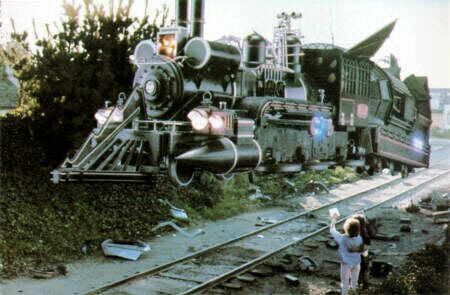Turn it into an equation and the problem becomes simple. This is at least how I got it:
x=100+x/2 |*2
2x=200+x |-x
x=200
It's been a long time since I've had to do this at school, but I was helped by the fact that I encountered a similar (confusing) problem recently:
You're a farmer going to the market with 200 kilos (or pounds if you want) of cucumbers to sell. The cucumbers are 99% water (not really, but for the sake of this question they are). During the day some of the water evaporates, so in the evening after spending the whole day standing and shouting and selling your pathetic shrivelled excuses for cucumbers you return home with the same stock, except that now they only have 98% water. How many kilograms do you have left?


